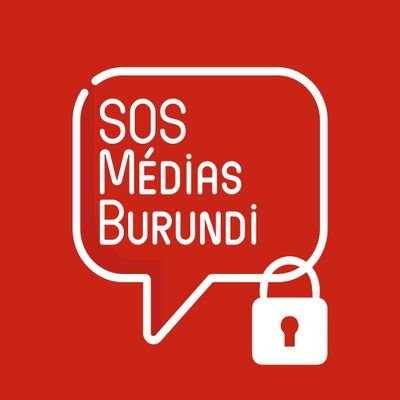Tanzania: poor management of refugee medical transfers
Refugees denounce fraudulent management of medical transfers in the Nduta and Nyarugusu camps. They accuse the NGO in charge of granting these transfers of monetizing them and putting Tanzanians in the place of refugees, especially Burundians. INFO SOS Médias Burundi
In the Nduta camp in Tanzania, cases of serious illnesses are treated outside the camp, especially in district hospitals such as Kakonko or Kibondo, two districts close to the Nduta and Nyarugusu camps. The latter sheltering nearly 200,000 refugees, including more than 126,000 Burundians.
Refugees denounce poor management of these transfers.
“Sometimes we find that there are Tanzanians who receive these transfers while they are intended for us. For example, for the last three weeks, 35 Burundian refugees had transfers but when they arrived at the referral hospital, 24 found their names inscribed on other people, Tanzanians. And they have just returned to the camp without being treated”, they regret.
“When the hospital sees that there are two names on the same transfer, a refugee and a Tanzanian, the Tanzanian citizen is privileged to the detriment of the Burundian while he is the beneficiary”, complain Burundian refugees.
These cases are also observed among the Congolese in the Nyarugusu camp.
The NGO “Medical Team International”, which manages the medical component, is singled out, alerts a medical volunteer.
“They do it knowingly, we have reported it many times but nothing changes. Let the UNHCR take matters into its own hands and guarantee good medical protection to the refugees, otherwise it would be complicit in this fraudulent and pecuniary management”, he says, stressing that it is human lives that are put in danger.
Medical Team International has not yet commented on the case.

